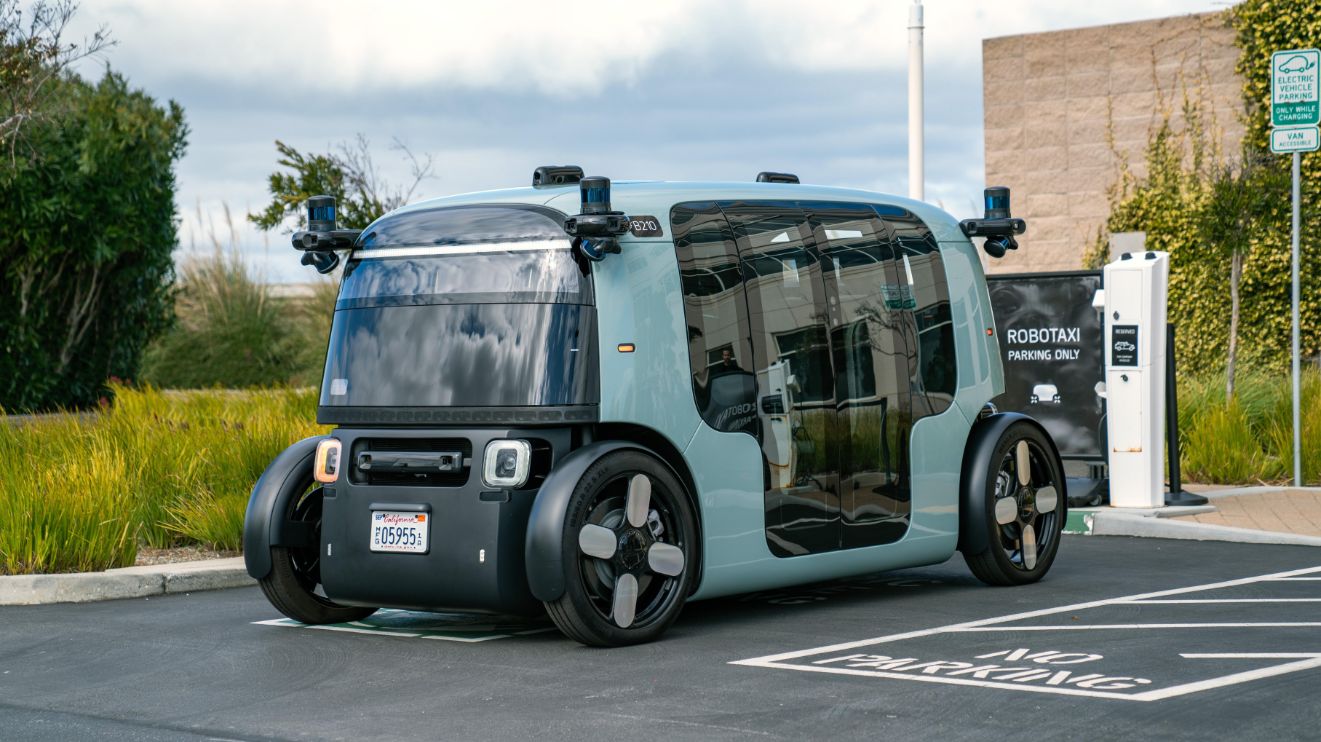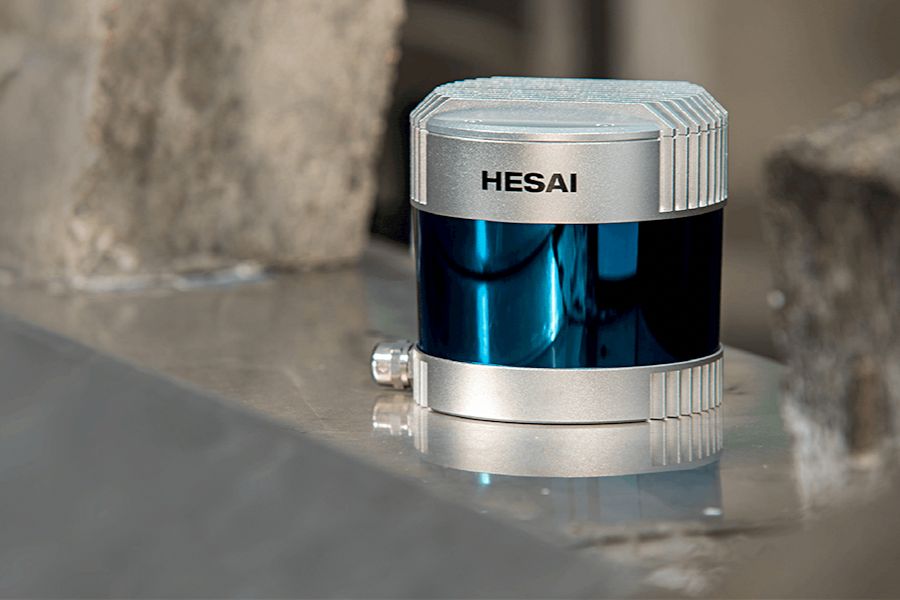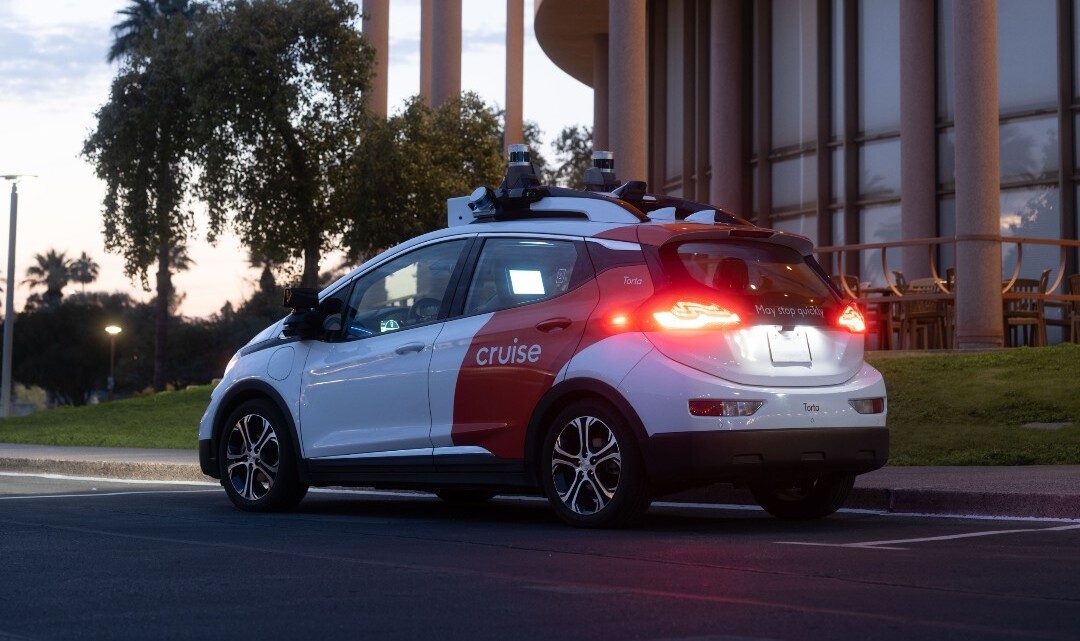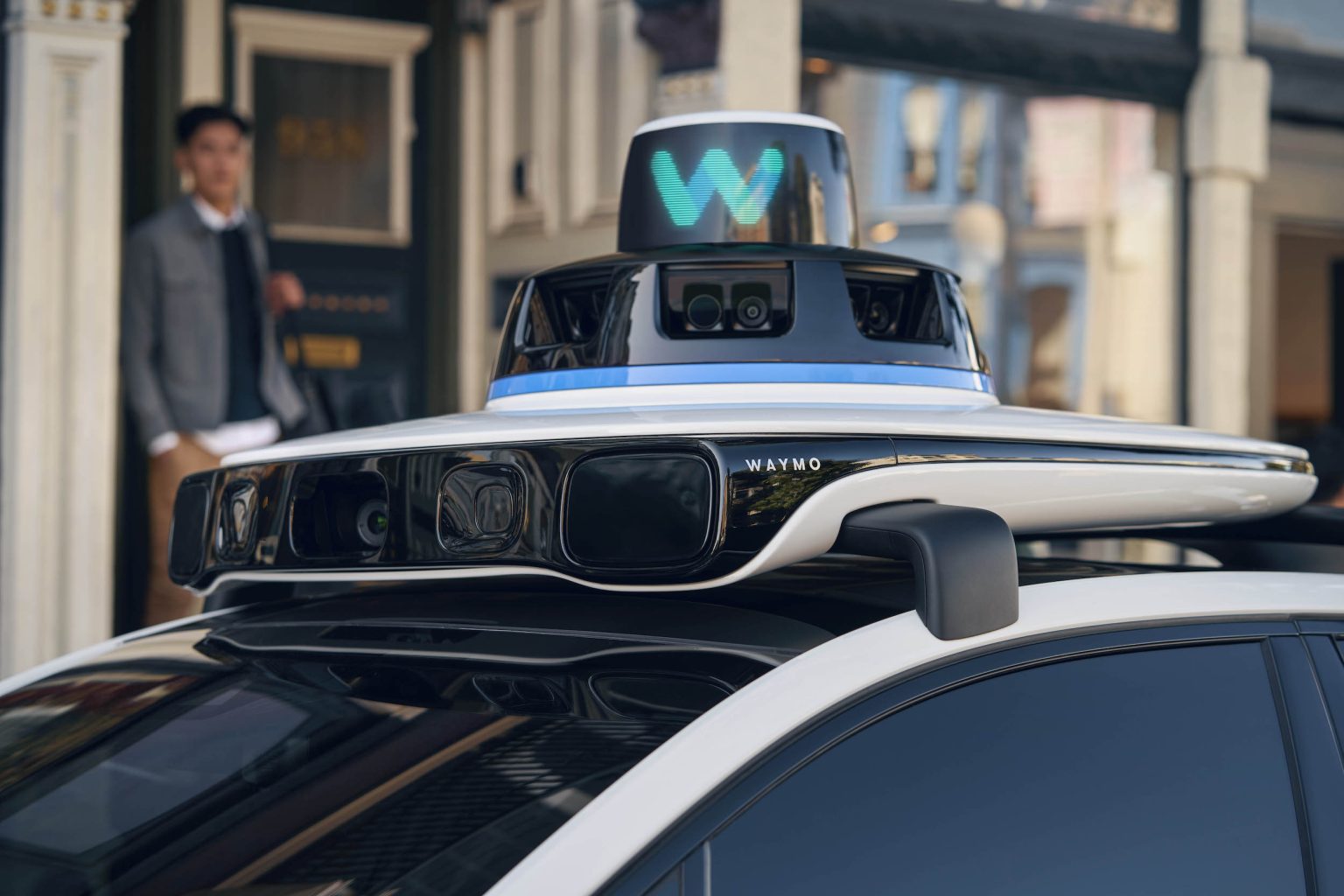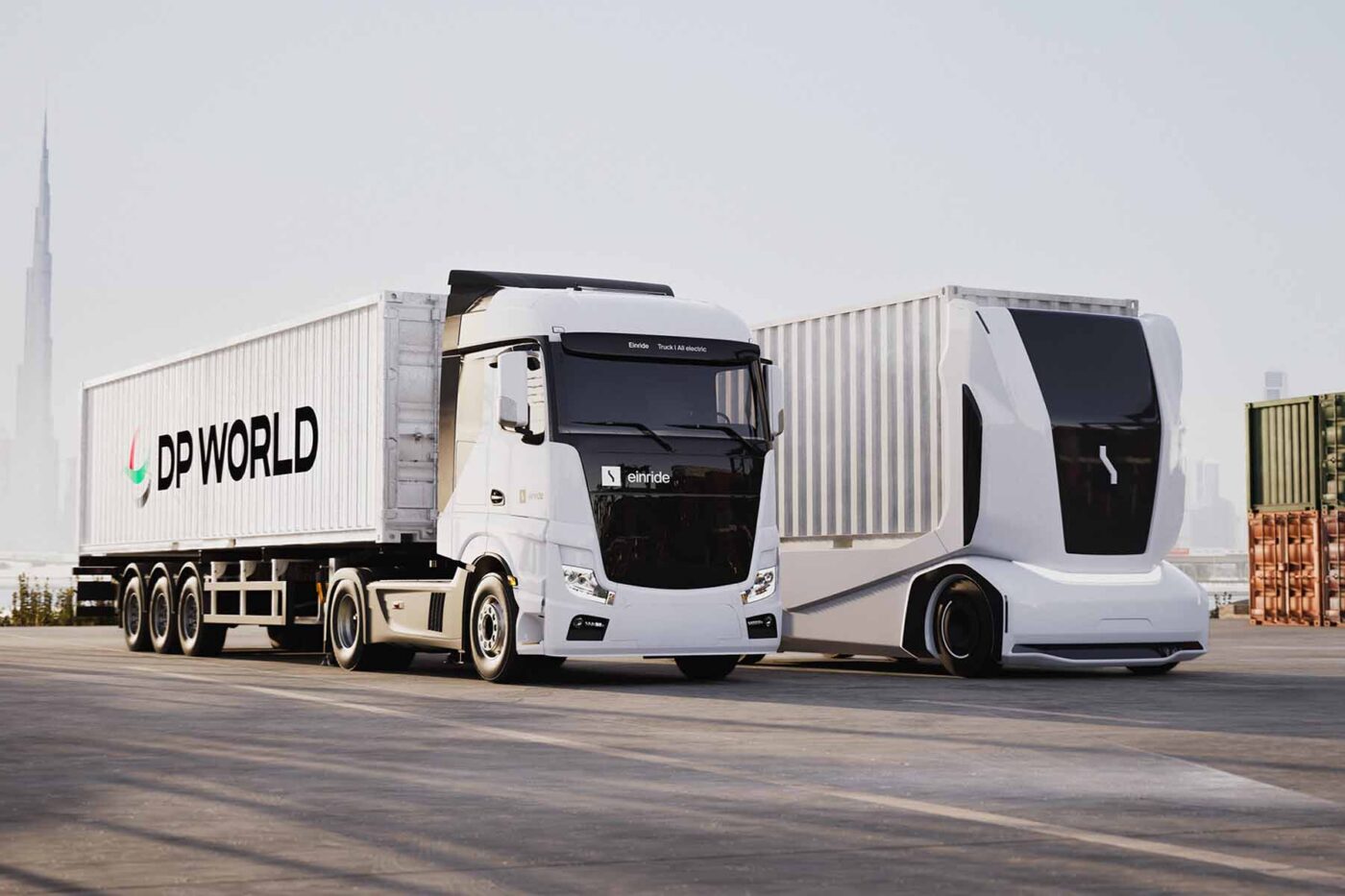Samsung Electronics has joined the ranks of Apple and other global automakers in pausing its autonomous vehicle research, signaling a slowdown in the advancement of self-driving technology. The move reflects a broader industry trend away from Level 4 autonomous driving, where vehicles operate without human intervention, due to challenges in technology development and commercial viability.
Industry sources revealed on May 9 that Samsung Advanced Institute of Technology (SAIT), the research arm of Samsung Electronics, has redirected its focus away from autonomous driving to robotics. This strategic shift comes after Samsung’s successful completion of a 200 km “driverless driving” test last year and its leadership in supplying key technologies like semiconductors, displays, and sensors for autonomous vehicles.
The decision to halt autonomous vehicle research is seen as a response to the significant difficulties in realizing autonomous driving technologies and the lack of expected returns on investment. Other industry players, such as Hyundai Motor Group’s autonomous driving subsidiary Motional, have also faced setbacks, with Motional delaying the commercialization of its autonomous driving product and laying off staff.
The competitive landscape in the autonomous driving sector has also seen setbacks, with Cruise, the autonomous driving subsidiary of General Motors, suspending operations following accidents, and Ford abandoning its pursuit of Level 4 autonomous driving. Even Tesla, a leader in autonomous driving technology, is facing scrutiny over its claims regarding its Full Self-Driving (FSD) system.
According to industry sources, Tesla is under investigation by the U.S. Federal Prosecutor for potential wire and securities fraud related to its FSD system. The investigation is said to be prompted by CEO Elon Musk’s statements regarding the capabilities of the FSD system, which may have misled consumers and investors.



